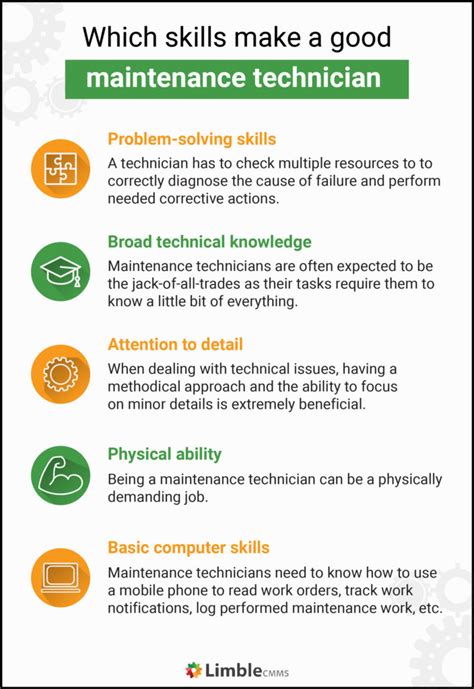Mobility technology has revolutionized the way we live, work, and interact with each other. As the demand for innovative mobile solutions continues to grow, the need for skilled professionals to develop, implement, and maintain these technologies has become increasingly important. In this article, we will delve into the world of mobility tech jobs, exploring the various roles and responsibilities that exist within this exciting field.
The Importance of Mobility Tech Jobs
Mobility technology is a rapidly evolving field that encompasses a wide range of mobile devices, applications, and services. With the increasing demand for mobile solutions, companies are looking for skilled professionals who can design, develop, and deploy mobile technologies that meet the needs of their customers. Mobility tech jobs offer a unique opportunity for individuals to work on cutting-edge technologies and shape the future of mobile innovation.
Types of Mobility Tech Jobs
There are several types of mobility tech jobs available, each with its own set of roles and responsibilities. Some of the most common mobility tech jobs include:
Mobility Software Engineer

Mobility software engineers design, develop, and test mobile applications for various platforms, including iOS and Android. Their primary responsibilities include:
- Developing and testing mobile applications
- Collaborating with cross-functional teams to identify and prioritize project requirements
- Designing and implementing mobile architecture and infrastructure
- Troubleshooting and resolving technical issues
Key Skills:
- Proficiency in programming languages such as Java, Swift, and Kotlin
- Experience with mobile development frameworks and tools
- Strong understanding of mobile architecture and infrastructure
- Excellent problem-solving and analytical skills
Mobility Solutions Architect

Mobility solutions architects design and implement comprehensive mobile solutions that meet the needs of businesses and organizations. Their primary responsibilities include:
- Developing and implementing mobile strategies and roadmaps
- Designing and architecting mobile solutions that integrate with existing systems
- Collaborating with stakeholders to identify and prioritize project requirements
- Ensuring mobile solutions meet security, scalability, and performance standards
Key Skills:
- Strong understanding of mobile technology and trends
- Experience with mobile architecture and infrastructure
- Excellent communication and project management skills
- Ability to think strategically and creatively
Mobility UX/UI Designer

Mobility UX/UI designers create user-centered mobile experiences that meet the needs of businesses and organizations. Their primary responsibilities include:
- Designing and prototyping mobile interfaces and experiences
- Conducting user research and testing to validate design assumptions
- Collaborating with cross-functional teams to identify and prioritize project requirements
- Ensuring mobile designs meet accessibility and usability standards
Key Skills:
- Proficiency in design tools such as Sketch, Figma, and Adobe XD
- Experience with human-centered design principles and methodologies
- Strong understanding of mobile design patterns and trends
- Excellent communication and collaboration skills
Mobility Cybersecurity Specialist

Mobility cybersecurity specialists ensure the security and integrity of mobile devices, applications, and data. Their primary responsibilities include:
- Conducting vulnerability assessments and penetration testing
- Developing and implementing mobile security policies and procedures
- Collaborating with cross-functional teams to identify and prioritize security requirements
- Ensuring mobile security meets compliance and regulatory standards
Key Skills:
- Proficiency in security tools and technologies such as encryption and firewalls
- Experience with mobile security frameworks and standards
- Strong understanding of threat analysis and risk management
- Excellent problem-solving and analytical skills
Career Path and Growth Opportunities
Mobility tech jobs offer a wide range of career paths and growth opportunities. With the increasing demand for mobile solutions, companies are looking for skilled professionals who can design, develop, and deploy mobile technologies. Some of the most common career paths in mobility tech include:
- Mobility software engineer to mobility solutions architect
- Mobility UX/UI designer to mobility product manager
- Mobility cybersecurity specialist to mobility security architect
Tips for Breaking into Mobility Tech
Breaking into mobility tech can be challenging, but there are several tips that can increase your chances of success:
- Develop a strong understanding of mobile technology and trends
- Gain experience with mobile development frameworks and tools
- Build a portfolio of mobile projects and applications
- Network with professionals in the industry
- Stay up-to-date with the latest mobile technologies and innovations
Gallery of Mobility Tech Jobs






FAQs
What is mobility tech?
+Mobility tech refers to the development, implementation, and maintenance of mobile technologies, including mobile devices, applications, and services.
What are the most common mobility tech jobs?
+The most common mobility tech jobs include mobility software engineer, mobility solutions architect, mobility UX/UI designer, and mobility cybersecurity specialist.
How can I break into mobility tech?
+To break into mobility tech, develop a strong understanding of mobile technology and trends, gain experience with mobile development frameworks and tools, build a portfolio of mobile projects and applications, network with professionals in the industry, and stay up-to-date with the latest mobile technologies and innovations.
In conclusion, mobility tech jobs offer a wide range of career paths and growth opportunities. With the increasing demand for mobile solutions, companies are looking for skilled professionals who can design, develop, and deploy mobile technologies. By developing a strong understanding of mobile technology and trends, gaining experience with mobile development frameworks and tools, and building a portfolio of mobile projects and applications, you can increase your chances of success in this exciting field.
